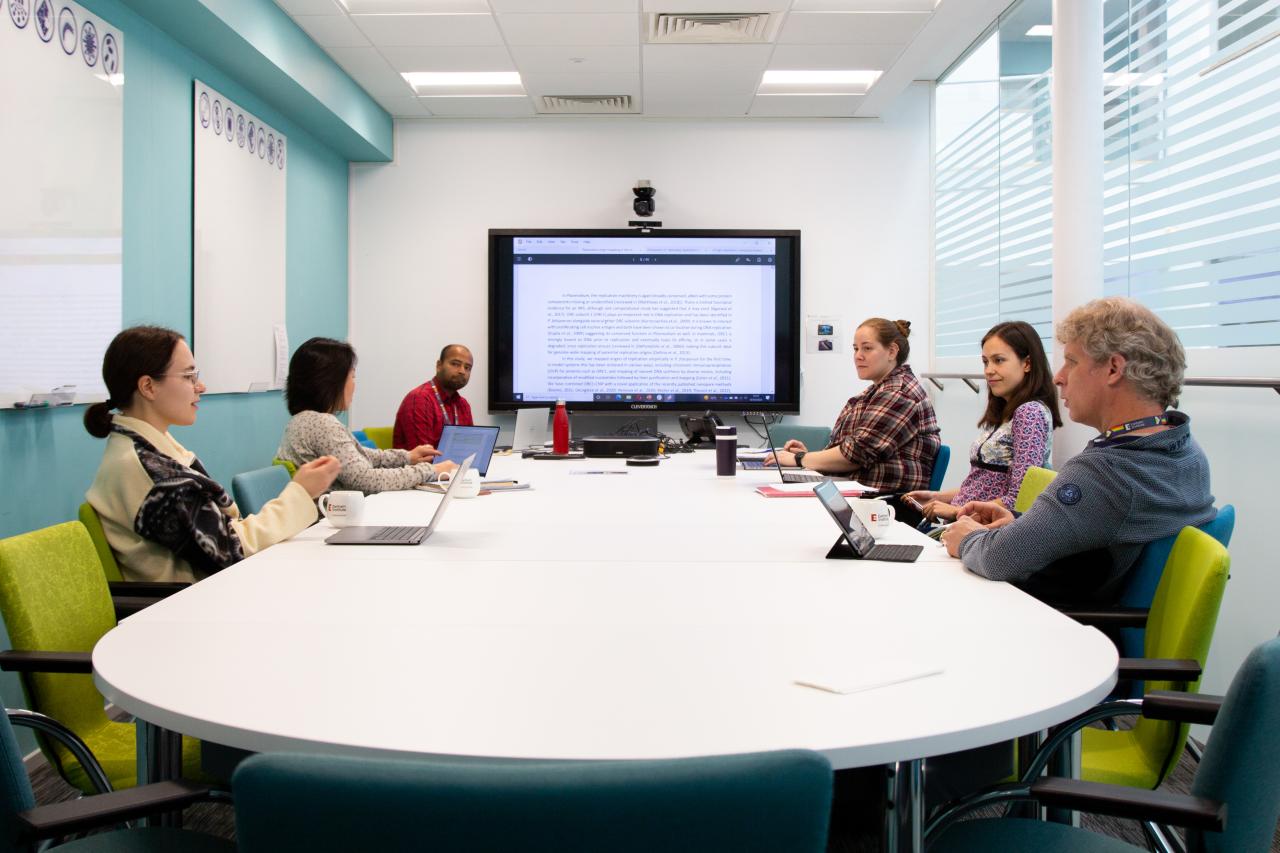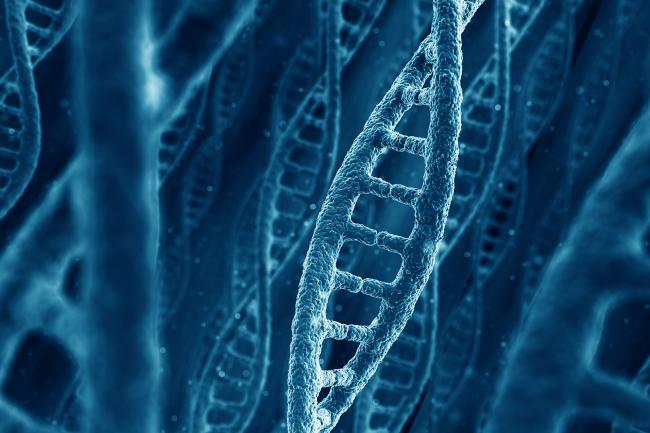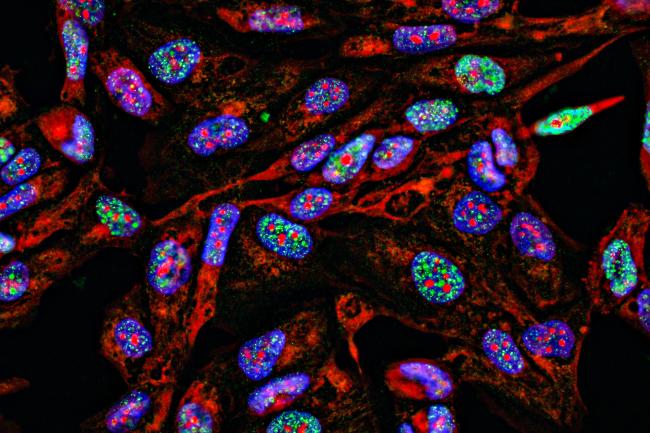Nieduszynski Group
Understanding the impact of DNA replication on disease

Understanding the impact of DNA replication on disease
Complete, accurate replication of the genome is crucial for life. Errors during DNA replication give rise to genetic changes that fuel evolution and can cause disease; failures during genome replication directly underlie several human disorders. DNA replication is the direct target of many therapeutic agents.
We use a variety of molecular, genomic, bioinformatic and mathematical modelling approaches to understand how DNA replication is regulated to ensure genome stability. By focusing on the basic biology that underpins cell growth and division, we envisage providing novel insights that will help our understanding of the sources of genetic and phenotypic diversity that contribute to disease.
Despite the cell having to copy the whole genome prior to cell division, errors are not evenly distributed across the genome. These differences in error rate arise from multiple sources including, the DNA polymerase usage, the temporal pattern of DNA replication and the propensity for replication forks to pause. For example, disruption of replication timing can contribute to genome instability by leading to chromosome breaks, translocations and aneuploidy. Therefore, these biases shape the way that genomes evolve and influence the pathways by which diseases can arise.
Our long-term research aims are to:



